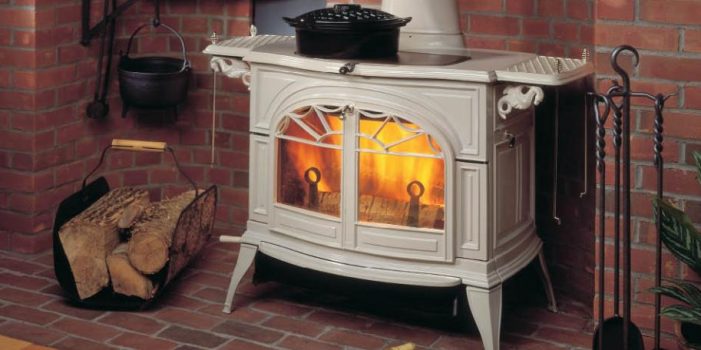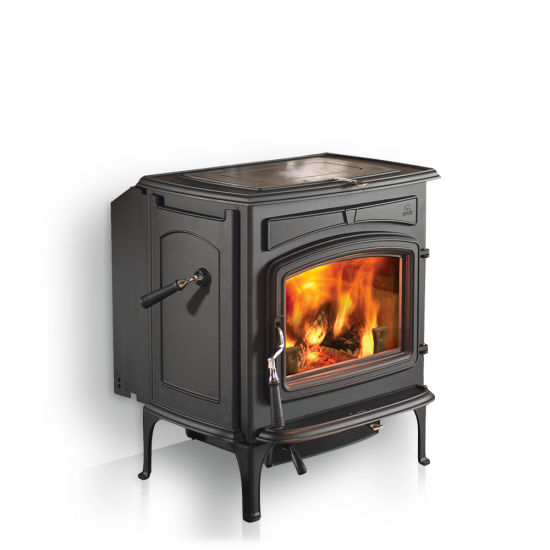Eight Lessons Learned From the Polar Vortex Plunge
The recent plunge of the Polar Vortex deep into the American Midwest should serve as a wake-up call for those who are preparedness-minded. Here are some recent headlines: Polar Vortex Triggers Coldest Arctic Outbreak in at Least Two Decades in Parts of the Midwest Minneapolis could break low temperature records originally set in the 1800s, and Chicago could challenge its all-time record low of minus 27 F, set on Jan. 20, 1985. (BBC): Polar vortex brings deadly cold snap to US states (BBC): Polar vortex: Ice quakes, burning railways and other quirky effects Polar vortex brings coldest air in a …



